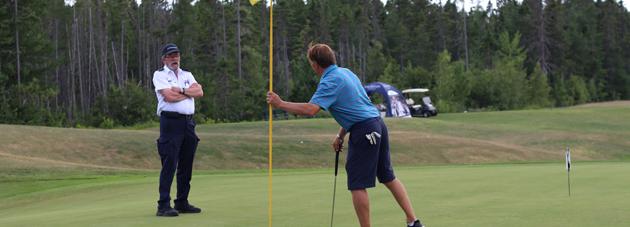July 19th, 2019
We’re well into the summer months with their outdoor fun and festivities. Our beaches, camp grounds, parks, etc., draw countless visitors as we soak up the sun. However, we’ve been experiencing, and continues to experience, extreme summer heat waves. Extreme heat can have a variety of negative impacts on our health and safety.
If you take the following simple precautions, you can help keep yourself and your loved ones safe, and drastically decrease the chances of being negatively affected by a heat wave:
- Slow down and avoid strenuous activity.
- Avoid too much sunshine, and wear sunscreen (minimum 60SPF) when outdoors.
- Postpone outdoor games and activities.
- Stay indoors as much as possible.
- Keep heat outside and cool air inside (keep your drapes drawn during the day).
- Dress appropriately (wear loose-fitting, lightweight clothing, and wear a wide brimmed hat).
- Drink plenty of fluids even if you do not feel thirsty.
- Avoid drinks with alcohol or caffeine in them.
- Eat small meals and eat more often.
- Avoid using salt tablets unless directed to do so by a physician.
- NEVER leave children or pets alone in vehicles.
For those of us who work outdoors and face much higher exposure, our Northern Alberta Division has provided a useful guide.
WHAT’S AT STAKE? People who work outdoors. Working in hot environments can easily fatigue workers and quickly lead to serious heat-related illness if not managed properly. If you suspect that you or a co-worker has developed a heat related illness, stop work, move to a cool, shaded area, notify a supervisor and seek immediate medical attention.
ACCLIMATIZATION: It may take from 7-14 days, but the body will gradually become used to working in a hot environment. This means the body becomes better at cooling itself. It redirects blood to the skin’s surface, the heart becomes more efficient, sweating starts sooner; there is more of it and the sweat contains less salt. Provide water and ensure everyone drinks even if they are not thirsty. As a general guideline the recommended amount of water intake is about half a litre per hour of active duty. That is about four litres every four hours at a minimum.
Water should be distributed over a period of time such as every 15-30 minutes per shift. Dehydration can negate the benefits of acclimatization, so frequent intake of water is a must.
MANAGE HEAT EXPOSURE In addition to allowing for acclimatization and preventing dehydration, you can use the buddy system to watch for early signs of heat stress in each other. Provide shade and allow for frequent breaks. Provide cooling fans and/or air-conditioned rest areas for workers.
For more information, Environment Canada’s Public Weather Alerts keeps you up-to-date on heat waves in your area. You can also stay up-to-date with local weather forecasts.
We wish you a safe and enjoyable summer season!

